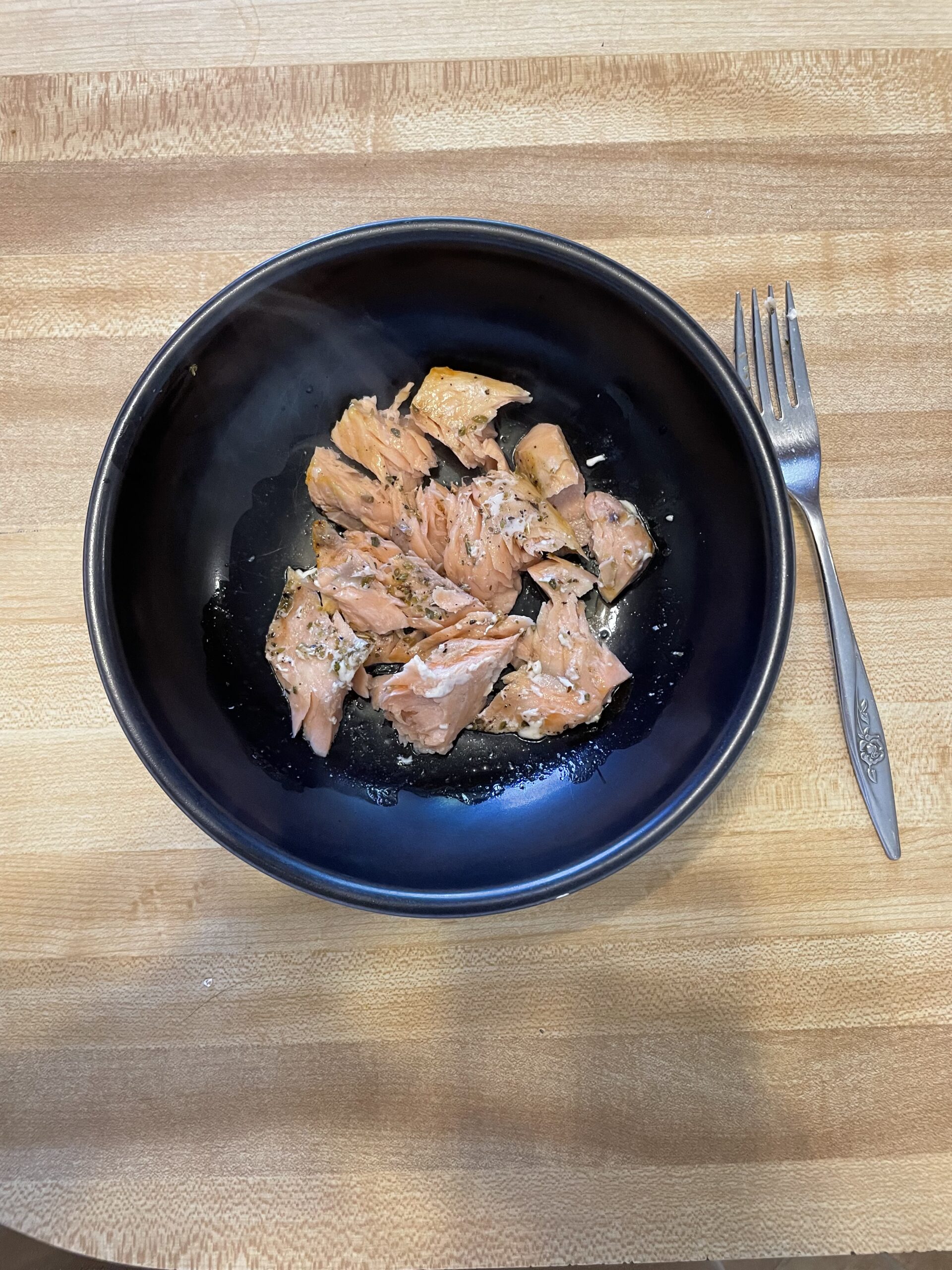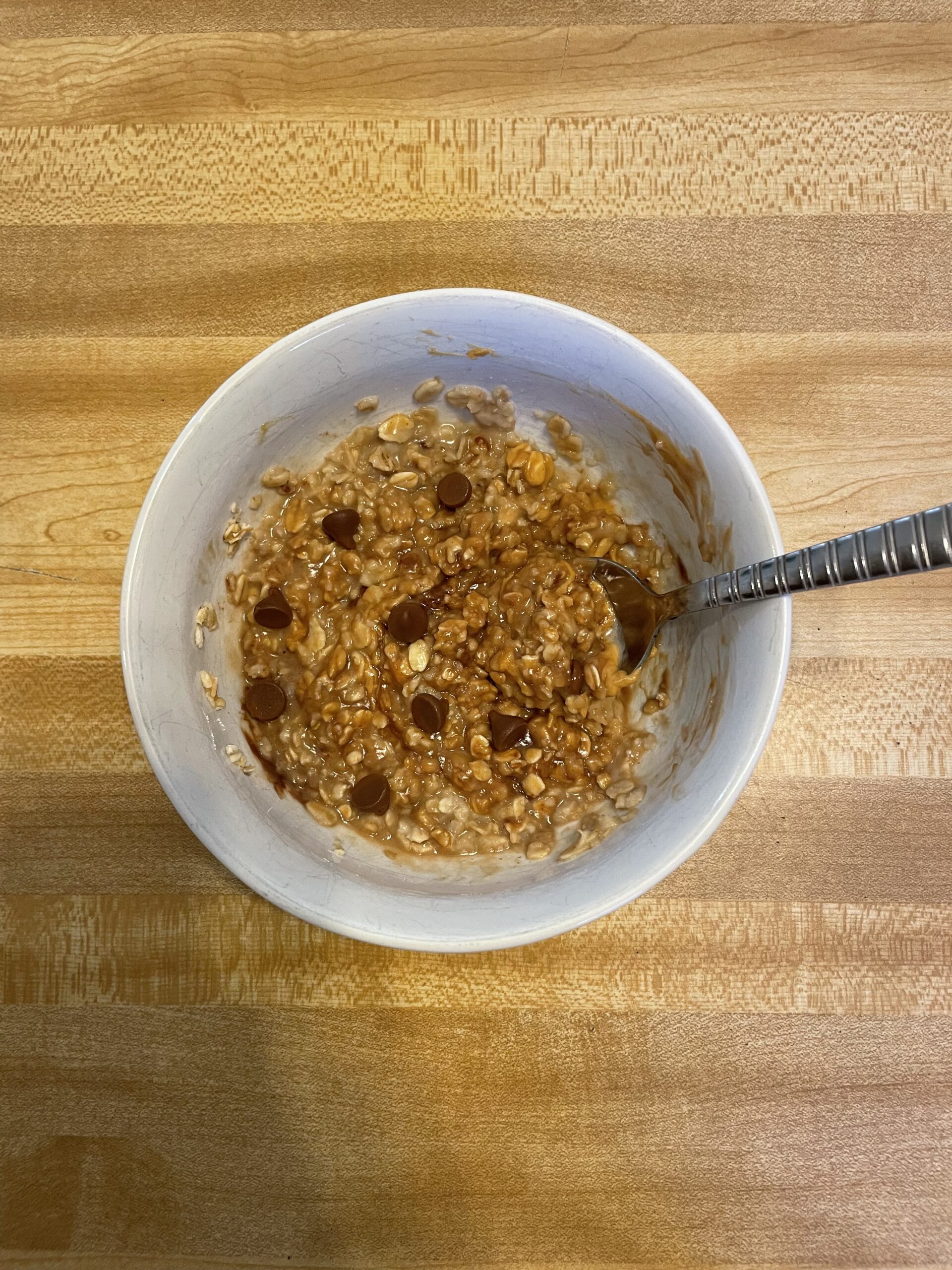Quick and easy recipes for when you do not want to cook
When your mental health isn’t all there with you, it can be difficult, or nearly impossible to get yourself out of bed to do just about anything. The Calm Clinic at calmclininc.com, a website that provides mental health information written and fact checked by experts, reports that anxiety and stress increase appetite for some but decreases it for others over long periods of stress.
These feelings of satiety and fullness, however, are not real, but a combination of neurotransmitters signaling you aren’t hungry when you actually are. If anything, compromised mental health is just the time to be making sure you are fueling your body and getting the nutrients you need.
Be You, an organization located in Australia focused on the mental health of young people and children, addresses that poor nutrition worsens the symptoms of anxiety and depression.
While getting in enough calories is important, what is even more essential is the consumption of adequate micronutrients, or vitamins and minerals, such as folate, zinc, and magnesium, and the inclusion of healthy fats to support brain tissue development.
When you’re struggling mentally, none of this may even matter to you. It is often difficult to care about our physical health when our minds are holding us back. However, there is mental relief found in properly nourishing yourself, too.
There is strong evidence to support that fueling your brain and body properly alleviates and improves symptoms of anxiety and depression.
Here are some quick and easy meal ideas for when you are finding it hard to get up and eat that will still provide you with some nutrients that will help fuel and heal your brain and body.
Frozen/Canned Fish
Your brain really loves Omega-3 fatty acids, and these fats are found most abundantly in fatty fish such as salmon, sardines, and tuna.
Canned tuna can be so easily prepared with a little bit of mayonnaise, relish, and spices to make a tuna salad that can be quickly thrown onto a couple slices of bread.
Extra benefits can be reaped if you toss in a little bit of frozen spinach. Leafy greens are a rich source of magnesium which has been linked to combatting the symptoms of depression. Most people in the U.S. tend to be deficient in this nutrient that is so key to healthy neurological function.
A piece of frozen fish with a little bit of lemon juice, salt, and pepper is so delicious and so easy to make, too. Just pop it onto a sheet pan and bake for 10 minutes at 400 degrees fahrenheit. Again, a side of some frozen spinach and maybe a bag of brown ready rice makes a complete brain-fueling meal in under 30 minutes.

Photo Courtesy | Courtney Entzi
Nuts, Seeds, and Nut Butters
If all you can do is get up and make a peanut butter jelly sandwich, or maybe peanut butter toast, that is a-okay. Nuts and seeds are also a rich source of magnesium and do not need to be cooked or prepared.
With peanut butter, almond butter, or sunbutter, the possibilities are really endless. Nut butters are so versatile and can be added to instant oatmeal, toast, fruit, crackers, and more.
If you’re a fan of trail mixes, those typically offer a variety of nuts and seeds and all you have to do is pop a handful into your mouth.
Miso Soup
This delicious and simple soup is often sold in packets that only require hot water to be added to them. It is a light soup and is ideal for those who are struggling with appetite.
It is a fermented food, so it is rich in probiotics and also a relatively good source of protein.
Add Some Extra Nutrition to Your Comfort Foods
If you really are just feeling a box of kraft mac and cheese, I say go for it! My only concern would be some of the missing micronutrients that are so essential to physical and mental health.
You can add just a little bit of frozen or fresh spinach, a little broccoli, some corn, peas, or any vegetable you like with cheese. It doesn’t have to be a lot. Even a little bit is better than nothing if you aren’t a huge fan of vegetables.
Frozen strawberries and blueberries are something that I keep in my own freezer for days that I am not feeling too motivated. I add them to my bowl of cereal to increase the amount of nutrients present. Slivered almonds or flax seeds, too, can be tossed into a bowl of cereal to add omega-3 fatty acids and does little to change the flavor.

Photo Courtesy | Courtney Entzi
Eat Flavors that Give You Joy
When you are struggling with mental health, it can be difficult to find joy in even some of your favorite things, let alone trying to cook if it isn’t something like to do much in the first place.
That said, incorporating flavors that you enjoy can turn the experience of eating into less of a chore and possibly something that you look forward to.
For example, my favorite candy is a Reese’s peanut butter cup. Peanut butter and chocolate is one of the joys of my life. When I am down, those flavors could really bring me a little bit of happiness, so I might make some oatmeal with peanut butter and chocolate chips for breakfast.
It is important to remember that you are a living organism that needs nutrients to function to your optimal level. Many symptoms of poor mental health are made worse by poor diet. This can make the burden an even heavier one to carry.
Taking care of your diet is one of the greatest favors you can do for yourself and your mental health, and it doesn’t have to be extravagant or difficult. All it needs to take is your microwave.
“One cannot think well, love well, sleep well, if one has not dined well.”― Virginia Woolf, A Room of One’s Own
